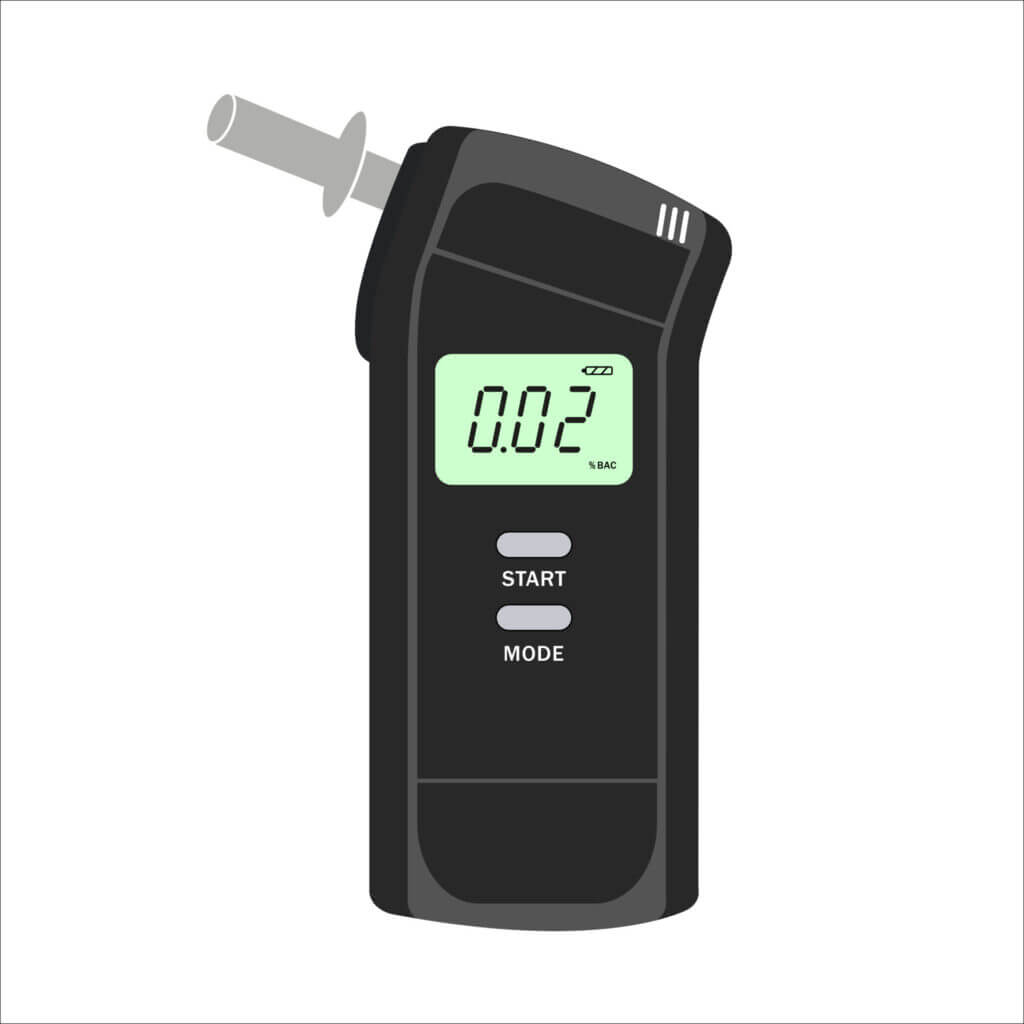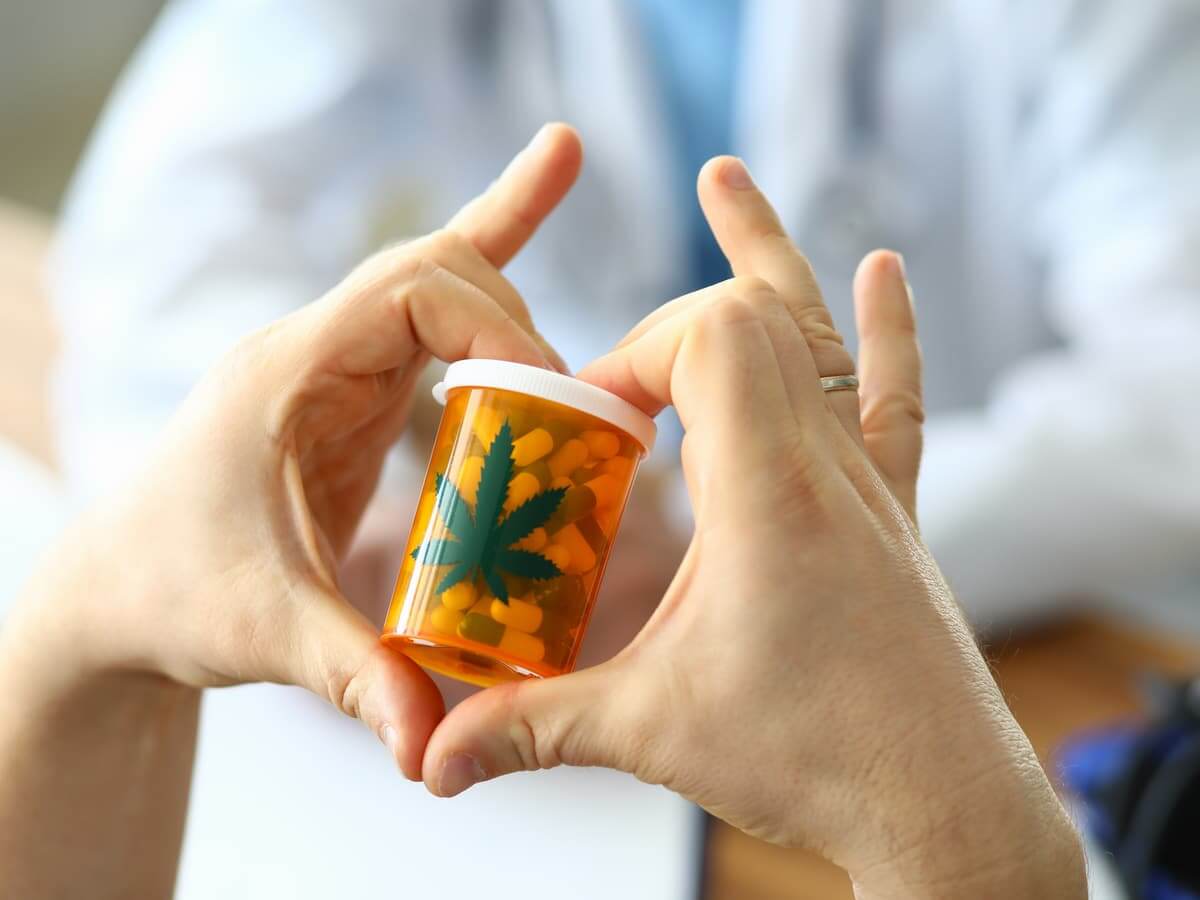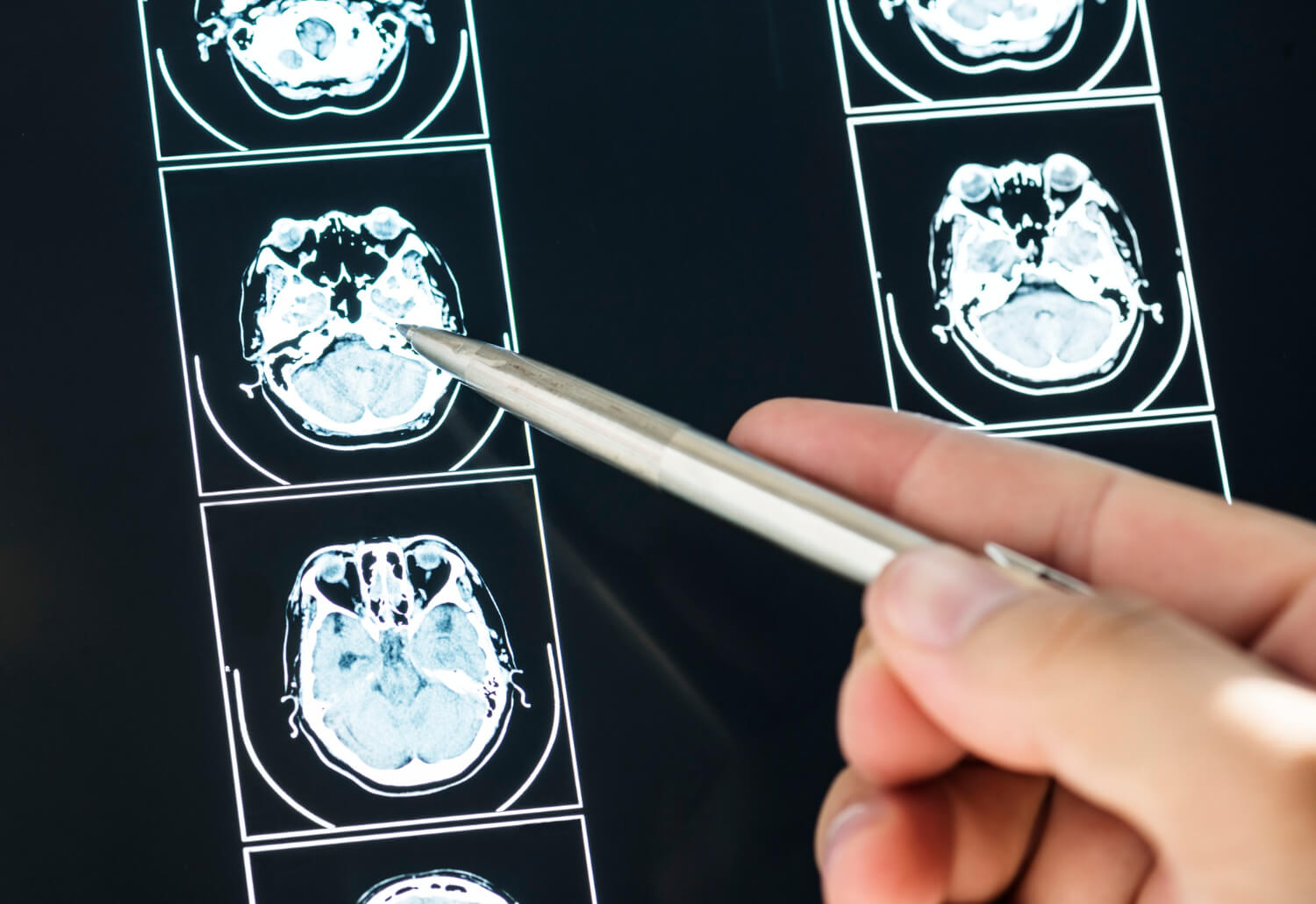The Keystone State has long been recognized for its pivotal role in shaping America’s history and policy. But come this fall, Pennsylvania finds itself at another crossroads, specifically surrounding the topic of medical marijuana and DUI. Since the inception of its medical marijuana program in 2016, a lingering issue threatens over half a million Pennsylvanians equipped with a medical marijuana card.
Medical Marijuana and DUI: The Great Debate
A glaring loophole in Pennsylvania’s DUI law has raised eyebrows and concerns among those using marijuana for medicinal purposes. Due to the state’s unwavering zero-tolerance policy, any traces of a federal schedule one drug, like cannabis, in a driver’s system could lead to a DUI charge. This raises a pressing question: Are individuals with a medical marijuana card automatically impaired drivers?
The state currently operates on a zero-tolerance policy for drivers with any trace of a federal schedule one drug in their system. Given that cannabis holds its unfortunate position as a schedule one drug, this means that anyone with a medical marijuana card could potentially be charged with a DUI, regardless of their level of impairment, or lack thereof.
Attorney Patrick Nightingale points out the implications of this regulation concerning medical marijuana and DUI: “Every single medical marijuana patient is DUI 24/7, 365 [days], regardless of whether or not they are impaired.” –as quoted on CBS NEWS–
This blanket regulation not only seems overly punitive but also fails to consider the genuine medical needs of patients. And while Pa. Sen. Camera Bartolotta acknowledges that some individuals consuming medical cannabis could indeed be impaired, she rightly asserts that not all are under the influence of marijuana.
Seeking a Clearer Path Forward
This prevailing concern has led Sen. Bartolotta to reintroduce Senate Bill 363. This piece of legislation aims to dismantle the automatic assumption that every medical marijuana user is an impaired driver. As a medical marijuana professional, I can attest to the varying effects of cannabis on different individuals. Just like any other medication, its influence varies based on dosage, strain, and individual tolerance.

However, another notable challenge in the medical marijuana and DUI discussion is that, unlike alcohol, there is no definitive test to ascertain what level of THC (or other cannabis compounds) can impair driving. Currently, police officers rely on standard field sobriety tests to gauge impairment, which, as Nightingale mentions, are efficient tools for detecting both alcohol and drug-impaired drivers.
Knowledge is Power
An essential takeaway for every medical marijuana patient in Pennsylvania is that you are *not* mandated to inform an officer about your medical cannabis use, nor are you required to present your medical marijuana card. It’s crucial to remember this and ensure the card isn’t immediately visible alongside your driver’s license.
What’s to come?
Pennsylvania’s upcoming legislative session promises to be a turning point for the state’s medical marijuana users. As a stakeholder in this industry, I believe it’s essential that laws respect and recognize the legitimate needs of medical marijuana patients while ensuring the safety of all road users.
The discussion on DUI and medical marijuana use is not black and white, and a balanced approach that ensures patient rights while keeping the roads safe is the need of the hour. As we watch the progress of Senate Bill 363, let’s hope for a future where medical marijuana patients can navigate Pennsylvania’s roads without undue fear.
Still have questions?
A great resource for further information about Pennsylvania laws and medical marijuana is going straight to a Medical Marijuana Specialist. A trained professional will answer any questions concerning medical marijuana and DUI, the Department of Health and/or any other MMJ laws, whether they be state or federal. The main goal is to keep you in the know. If you need further assistance please call 833-667-4665.
Stay healthy friends!










